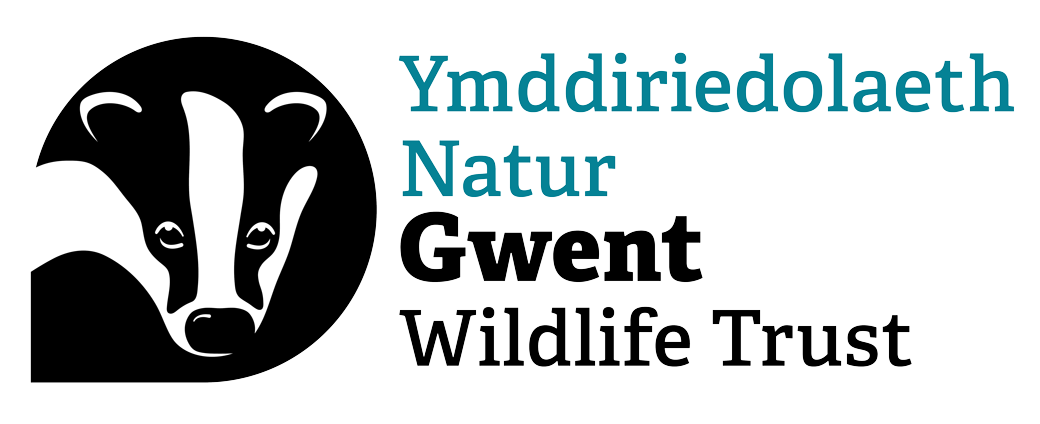The Wildlife Trusts – a movement of 46 charities across the UK which includes Gwent Wildlife Trust – are, like others, dealing with unprecedented challenges caused by coronavirus.
Restoring nature in the UK – one of the most nature-depleted countries in the world – has become harder than ever during the pandemic. At the same time, people are seeking solace in nature to relieve the hardships caused by lockdown.
Many Trust staff are furloughed and those that remain in post have found valuable time is being lost to a proliferation of illegal activities such as shooting wildlife and fly tipping.
Meanwhile, vital conservation work has had to be put on hold – leading to an explosion of invasive non-native species, deterioration of rare wildflower meadows, stalled wildlife reintroductions and potential loss of species such as dormice from some areas.
Craig Bennett, CEO of The Wildlife Trusts, says:“People are discovering that they want and need to connect to nature more than ever – they’re finding solace in nature, using our inspiration to help wildlife in their gardens and balconies and educating their children about the natural world. Huge numbers of people are enjoying our webcams showing springtime nature, barn owl chicks hatching and puffins emerging from burrows. But it is local nature – in walking distance or short bike ride from home – which is particularly important for peoples’ mental and physical health at this time.
"That’s why it’s The Wildlife Trusts, who care for 2,300 reserves – most of them close to where people live – that are at the sharp end of trying deliver this public service. But these are desperate times for our movement as income from visitor centres and fundraisers has crashed yet the demands of caring for thousands of nature reserves are higher than ever. We’re also heartbroken that so much valuable work restoring large areas of land has been put on hold and some species will lose out as monitoring and reintroduction programmes stall.
"With the Environment, Agriculture and Fisheries Bills all now delayed, we have profound concerns about whether these critical pieces of legislation will become law – and enforcement bodies will be in place – before the Brexit transition period comes to end on December 31st. The challenges faced by the natural environment have never been greater and we need both government and public support.”
Current issues that Wildlife Trusts are struggling to deal with include:
- Management of rare and historic wildflower meadows – non-maintenance leads to deterioration and this will take time to repair
- Absence of species protection, species monitoring and special wildlife surveys
- Delay in legislation across governments – in England, for example, to the Environment, Agriculture and Fisheries Bills
- Lack of habitat restoration so nature recovery stalls
- Badger vaccination has stopped
- Land advisory work stopped
- No site visits to check planning applications – leading to possible swathe of knock-on effects once lockdown is lifted
- No beach cleans will lead to pollution problems particularly for marine mammals
- Gaps in marine data collection
- Necessary cancellation of all public events and education and community sessions, preventing outreach into vulnerable communities and risk of an ever increasing disconnect between young people and the natural world
- Flytipping, vandalism and theft on nature reserves
- Illegal shooting of rare birds
- Lack of management of invasive non-native species will now require a big effort once social distancing rules are relaxed
Craig Bennett explains:
“The work of The Wildlife Trusts is critical. We live in one of the most nature depleted countries in the world at a time when there’s a big public conversation about the importance of nature – and access to it – in our everyday lives. It feeds our souls and nourishes us in good times and in bad. Caring for nature benefits us all in many ways.
“The Wildlife Trusts can be a vital part of our nation’s recovery from the current health crisis. Nature brings health benefits and offers solutions to the other great emergency facing humanity – climate change – so it must be protected and allowed to recover. I’d urge people to support their local Wildlife Trust wherever they are in the UK.”
Over 60% of the population live within a 3 mile walk of a Wildlife Trust nature reserve.
For inspiration, nature ideas during lockdown and wildlife webcams (these have had a 22-fold increase in views on this time last year) scroll here www.wildlifetrusts.org/looking-after-yourself-and-nature.
To enjoy and share photos, videos and sightings of #wildlifefromhome with Gwent Wildlife Trust please visit our Spotting page and follow us on Twitter , Facebook and Instagram
